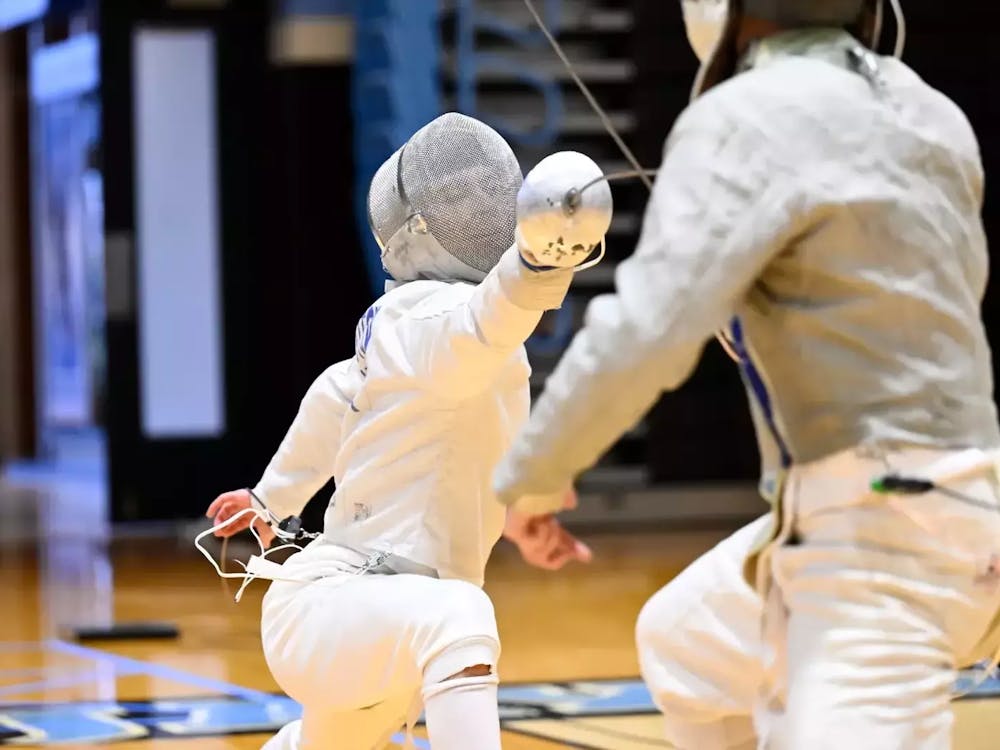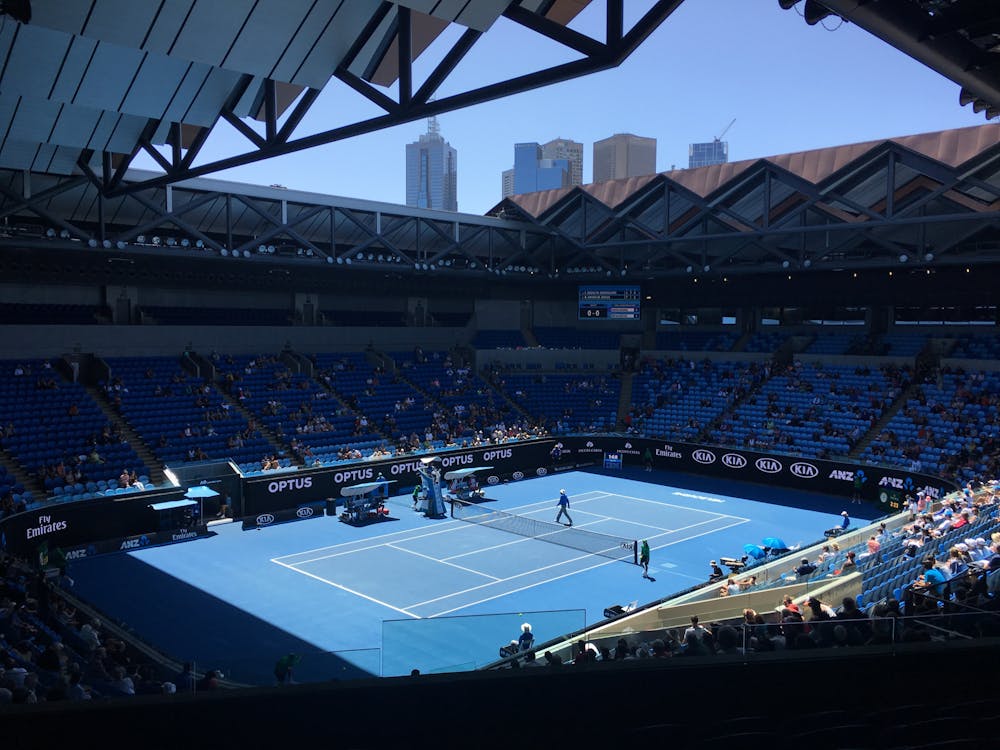Ever since the beginning of time, the existence of rivalries has fueled counterparts across various spectrums to achieve more than they thought possible in order to defeat their adversary. From the competition between Athens and Sparta to an ongoing competition that someone has with their next-door neighbor, rivalries span various times and magnitudes to give us an external fuel that cannot be generated through self-motivation. Sports rivalries stand as the most prevalent and consistent forms of competition in the modern world, and nothing creates more excitement than when your team faces off against its long-time foe. I was raised in Baltimore and was bred as a die-hard Ravens fan that bleeds black and purple. This definitely confused nurses ever since my first skinned knee on the playground. For all of those who don’t know, the mere mention of the word “Steelers,” no matter what the connotation, burns the ears of all Ravens fans and lights a fire in their stomachs. If you’re a fan of Harry Potter, just think of Ben Roethlisberger as synonymous with Lord Voldemort. I’ve attended multiple Ravens vs. Steelers games, offered my fair share of criticism and slander at the brave yet stupid Steelers fans who show their faces at M&T Bank Stadium, shouted at Troy Polamalu until I lost my voice, rejoiced in the sweet victories and cried at the treacherous defeats. The series between these two teams holds a special place in my heart, with an exclusive corner reserved for Torrey Smith’s game-winning touchdown catch to give us a 23-20 win in 2011 at Pittsburgh’s field. It’s true when people say that Ravens fans love to hate the Steelers and vice versa, but the real question here is where does that glorified hatred come from? In the so-called rivalries of old (Athens and Sparta, Britain and France, the U.S. and Soviet Union), these actors have always been complete opposites, conflicting as a result of varying ideologies and reverse societal structure. Even the “old” sports rivalries, like that of the Celtics and the Lakers, encompass complete opposite teams in terms of location, ethnicity and style of play. When I think of the Steelers, I automatically objectify them as an image of hatred and disgust, and I never really stop to think what it is about them that I truly despise. After thinking deeply about it, it’s almost a nauseating realization that I hate them so much because of their eerie similarities to the Ravens. Both teams are hard-nosed, defensive-oriented and tough as Hell; have run and gun offenses; are located on the east coast; have dark colors; have intense fans who go balls to the wall and are consistent playoff contenders. Not to mention both teams thrive on the leadership of their defensive leaders. This seems like an anomaly, and it may be as a result of some progressive societal underpinning that represents our modern world as a whole, but I won’t delve too deeply into philosophical notions so as to save you the boredom. As much as I don’t like them, I have to respect their style of play and the culture of their fans. In the big picture, the Ravens wouldn’t be who they are without the Steelers constantly nipping at their heels and making them pursue greatness. It all seems like some kind of sick joke orchestrated by a divine football god, where an unstoppable force and an immovable object will clash over and over again until their legacies fade into eternity, leaving only the memories of emotions from each unique matchup. It’s a strange feeling hating a group so much like yourself, and I guess the old saying rings true: “This town ain’t big enough for the both of us.”




